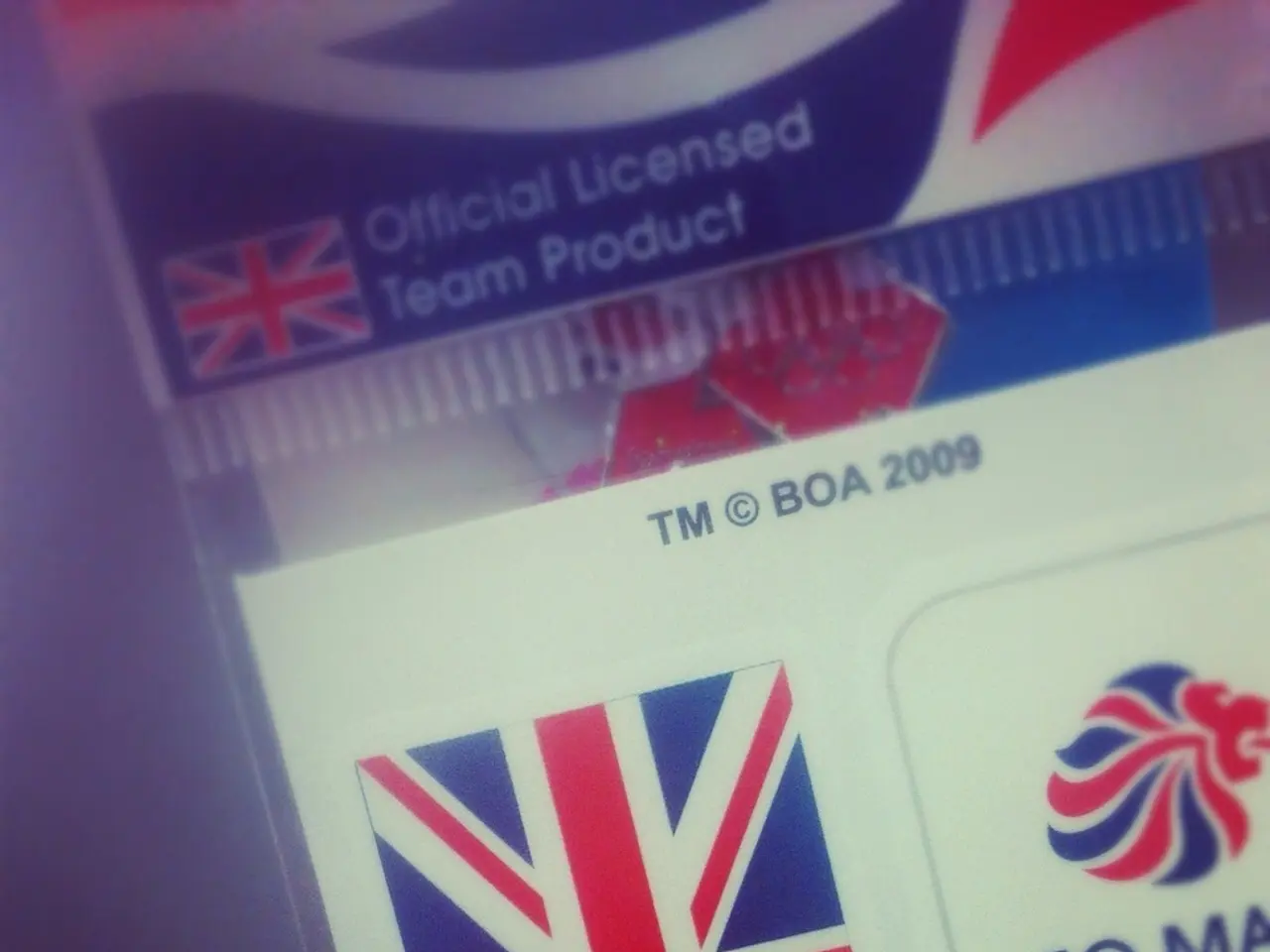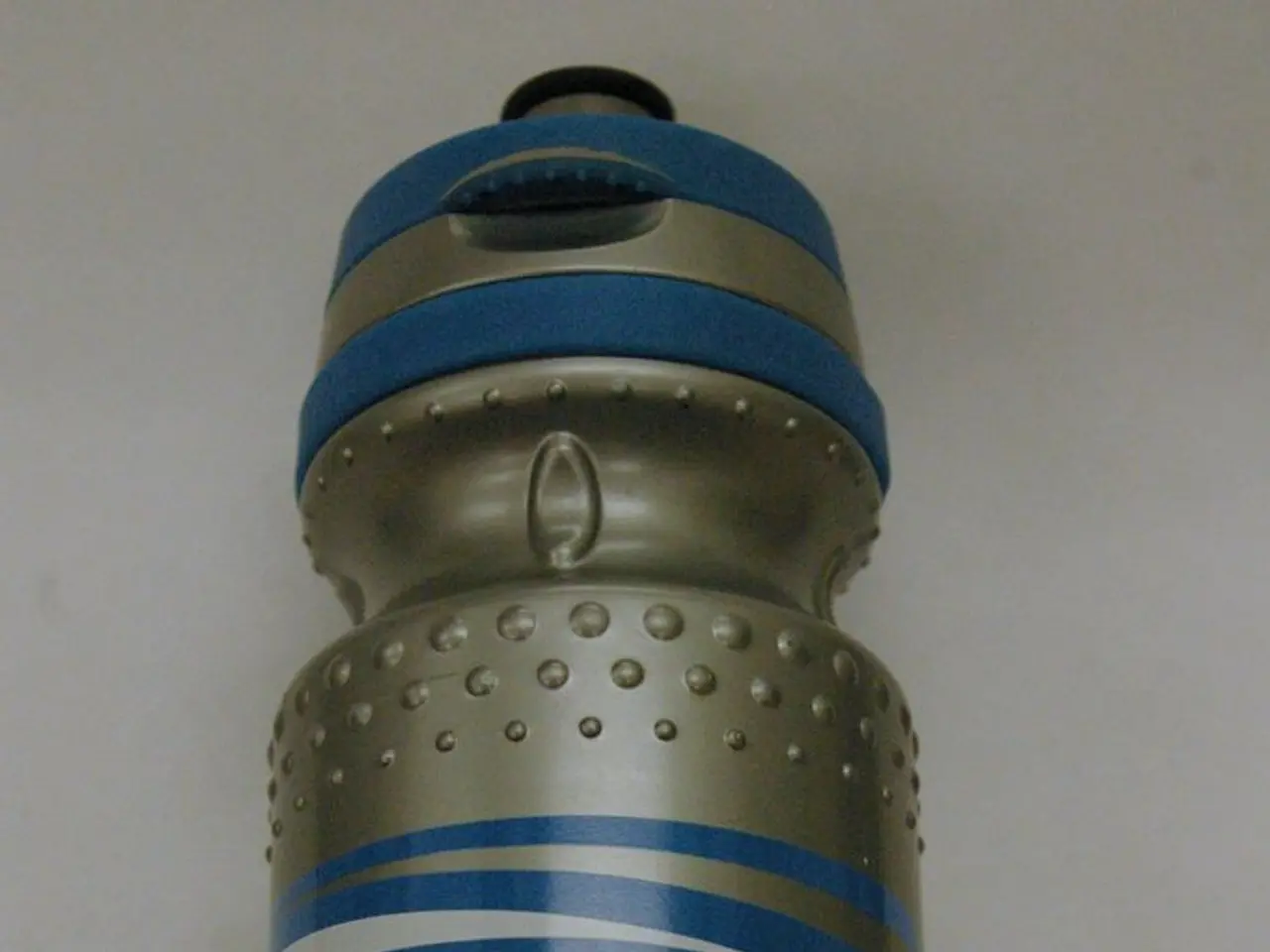Twelve prescription drugs that may cause negative interactions when consumed with coffee.
Approximately 75% of adults aged 20 and older in the U.S. consume coffee at least occasionally, with around half doing so daily. Given the increasing number of health benefits associated with coffee, this is hardly surprising. From lowering stroke risk and reducing certain types of cancer to promoting healthy aging, coffee presents a compelling case.
However, it is crucial to be aware that coffee consumption can interact with certain medications, potentially affecting their efficacy or causing unwanted side effects. The culprit is the caffeine and other substances found in coffee that can interfere with the body's absorption or reaction to specific medications.
The following medications should be carefully considered when consumed alongside coffee:
- Anticoagulants (Blood Thinners): These medications, such as warfarin and heparin, prevent or reduce blood clotting. Consuming caffeine may increase the concentration of blood-thinning medication in the bloodstream, potentially increasing the risk of bleeding for those who consume caffeine regularly while on anticoagulants.
- Antidepressants: While coffee may be a daily pick-me-up for many, drinking large amounts while on antidepressants could lower the drug's absorption in the body, reducing its effectiveness. Antidepressants altered by caffeine include Luvox (fluvoxamine), Lexapro (escitalopram), Amitril (amitriptyline), and Tofranil (imipramine). In addition, taking Luvox with coffee may raise the risk of caffeine-related side effects like heart palpitations and sleep problems.
- Blood Pressure Medication: High blood pressure can lead to heart disease and stroke if left untreated. Blood pressure medications such as Inderal (propranolol) and Lopressor (metoprolol) help by lowering the heart rate and reducing the strain on the heart. Drinking coffee at the same time could result in the body absorbing less of the drug.
- Bronchodilators: These asthma drugs, like those used to treat chronic obstructive pulmonary disease (COPD), relax the airways and make breathing easier. Caffeine may worsen their side effects, such as restlessness, racing heart, headache, and irritability.
- Cholinesterase Inhibitors: Used to treat symptoms of Alzheimer's disease and dementia, such as Aricept (donepezil), are affected by caffeine, which lessens their effectiveness and decreases how much of the medication reaches the brain.
- Cold and Allergy Medications: If you take medication for allergies or cold symptoms that contain pseudoephedrine, combining it with coffee may increase the risk of side effects such as restlessness, heart palpitations, and trouble sleeping.
- Diabetes Medication: Consuming large amounts of coffee could worsen diabetes symptoms and interfere with glucose control, raising the levels of blood sugar and insulin and making it more difficult to manage diabetes.
- Antipsychotics: Antidepressants have similar interactions with antipsychotics, including Abilify (aripiprazole), Compro (prochlorperazine), Haldol (haloperidol), and Orap (pimozide), causing the body to absorb less of the drug.
- Methotrexate: An immunosuppressing drug often used in chemotherapy, taking methotrexate with coffee could cause higher levels of the medication in the bloodstream, since caffeine affects how the body absorbs the drug.
- Osteoporosis Medication: Drugs like Boniva (ibandronate) and Actonel (risedronate) are designed to strengthen osteoporotic bones and reduce fracture risk. Drinking coffee with these medications may affect their absorption and reduce their effectiveness.
- Quinolone antibiotics: Mixing quinolones like Cipro (ciprofloxacin) with caffeine may increase the risk of side effects like heart palpitations and restlessness.
- Thyroid Medications: Regulating the amount of thyroid hormone in the body, thyroid medications like Synthroid (levothyroxine) can be rendered less effective if consumed with coffee. In fact, caffeine can cut the body's ability to absorb thyroid medication in half.
Individuals taking any of these medications should be cautious about the consumption of coffee, as it can lead to undesirable interactions. While eliminating coffee and caffeine is the safest course for those on these medications, speaking with a doctor or pharmacist can help determine the best course of action if coffee is needed. In some cases, adjusting the time of day when medication is taken may be sufficient.
- Consuming caffeine while on anticoagulants like warfarin and heparin can potentially increase the risk of bleeding due to the increased concentration of blood-thinning medication in the bloodstream.
- Drinking large amounts of coffee may lower the absorption of antidepressants such as Luvox (fluvoxamine), Lexapro (escitalopram), Amitril (amitriptyline), and Tofranil (imipramine) in the body, reducing their effectiveness and potentially causing caffeine-related side effects.
- Consuming coffee at the same time as blood pressure medications like Inderal (propranolol) and Lopressor (metoprolol) could result in the body absorbing less of the drug, decreasing its effectiveness.
- The side effects of bronchodilators, which are used to treat respiratory conditions such as asthma and COPD, may be worsened by caffeine.
- Caffeine can lessen the effectiveness of cholinesterase inhibitors, which are used to treat symptoms of Alzheimer's disease and dementia.
- If cold and allergy medications containing pseudoephedrine are taken alongside coffee, there is an increased risk of side effects like restlessness, heart palpitations, and trouble sleeping.
- Consuming large amounts of coffee could worsen diabetes symptoms and interfere with glucose control, making it more difficult to manage diabetes.
- Antidepressants like Abilify (aripiprazole), Compro (prochlorperazine), Haldol (haloperidol), and Orap (pimozide) may be less effective if taken with coffee, leading to lower bodily absorption of the drug.
- Taking methotrexate with coffee could cause higher levels of the medication in the bloodstream due to caffeine's effect on drug absorption.
- Drinking coffee with medications designed to treat osteoporosis like Boniva (ibandronate) and Actonel (risedronate) may affect their absorption and reduce their effectiveness.
- Mixing quinolone antibiotics like Cipro (ciprofloxacin) with caffeine may increase the risk of side effects such as heart palpitations and restlessness.
- Caffeine can cut the body's ability to absorb thyroid medication like Synthroid (levothyroxine) in half, potentially reducing the medication's effectiveness.








